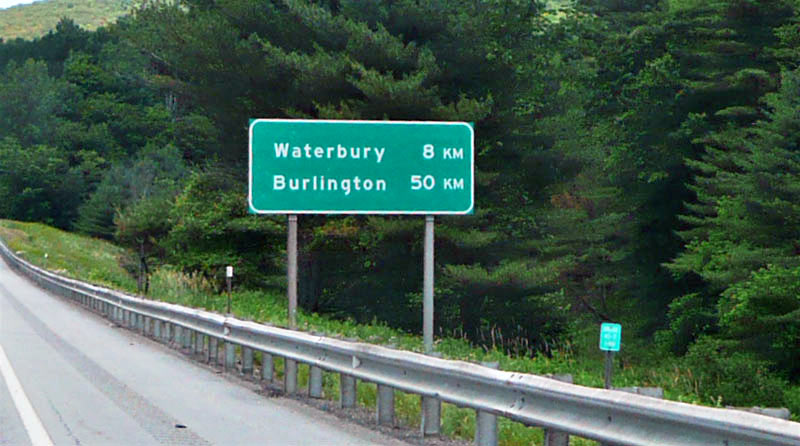Raphael wrote: ↑Mon Nov 27, 2023 4:53 amOh, I think in Australian English, "kilo" is sometimes used for "kilometer".
Definitely not. Kilos are only kilograms. Kilometers can be shortened to kays or, less formally, klicks. The only one I can think of that is ambiguous is /mɪlz/ for mm or ml.
Darren wrote: ↑Mon Nov 27, 2023 3:08 am
Despite being Australian, I've always used imperial for anything length-related - miles, inches, feet, acres, mph, mpg; while volume, weight and temperature I use metric. All Australians use feet and inches for height, and most use them for rough distances and estimates and a few other purposes which should not be mentioned in polite company.
Are you a lot older than me? I'm 40 today.
I only use miles in fixed expressions of indeterminate length (e.g. "miles off", "missed by a mile") and would never say "2 miles" or "10 inches" or anything like that, except for penis size, but even there, cm is common too, especially as it's more precise (source: Grindr). The only time feet and inches with specific numbers before them really come up are here are when describing human height, but even there, I only really know what it means if it's between about 5'11" and 7'0". If someone tells me they're 5'5", I have no fucking idea what that means unless I convert it to centimetres. I just know it's not tall. TVs and computer monitors are given in inches, but a lot of people I know are not even aware that that's the diagonal measurement across the screen. It's just used as a label to compare the sizes, so you know which ones are bigger. I've never heard any Australian use mph, ever. Not even old people. Mpg sounds useful if that's the unit used in a catalogue or a car yard, but "mile" and "gallon" are almost meaningless to me. Most people I know will tell you how far (in kilometres) they can get on one tank — which, of course, is not about fuel efficiency, but more or less just how often you have to stop to refuel because tanks vary in size.
Weirdly, it's always acres when describing people's properties and hectares when describing how much forest is cleared. I don't really have a concept of either other than "like a big yard". (Now that I think about it, why isn't it "aker" in US English? Did they decide "-re" is OK in that word because they didn't want to have to use "k"?)
Where I work all the hardware is imperial cos all the quality stuff is American, so we still use it there too. And old people use imperial.
With hardware, I usually hear lengths in "mils" (mm) except for a few stock things like 2x4s (pronounced /ˌtuːbiˈfɔː/), but of course it depends on what the hardware is. A 2 inch pipe is not the same as a 50 mm pipe, so people will usually call it whichever one it is.
Also I've never met a human being who uses kW instead of horsepower.
Depends if you're talking about cars or electricity.
- Cms are too small and metres are too big
For what? It works just fine.
- Litres are a bit too big; having a drink-sized unit is useful
Lol, a litre is drink sized for me.
- Hectares are the devil's invention and have no place in god-fearing society
There's no god or devil, so all of that is moot. Square metres/kilometres all the way!
- There's nothing in the vicinity of a stone, which would be fairly useful
... kilos.
- Km just aren't as juicy as miles
I strongly disagree. Miles are meaningless and I only use the word for indeterminate lengths of a few kilometres.
- "litres per hundred kilometres" is just silly
Tells you what it is. Miles per gallon makes no sense to me and is only useful for comparing two vehicles if that's the unit you have in front of you.
